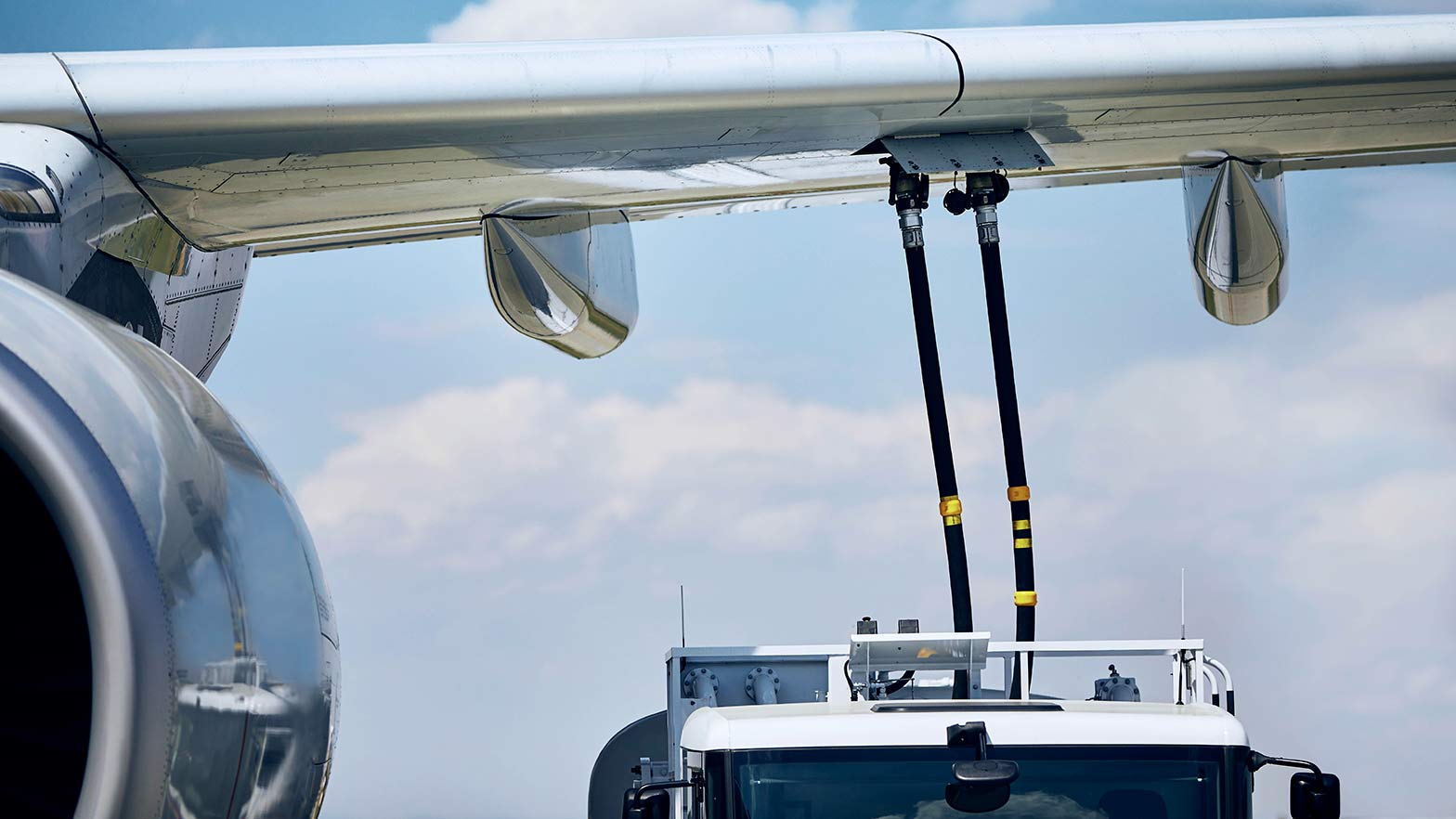emissions solutions Yas Marina joins coalition to help reduce aviation carbon intensity
5 min read | april 19, 2022
Yas Marina has joined the Clean Skies for Tomorrow Coalition, which is working to accelerate the supply and use of sustainable aviation fuel (SAF) technologies to reach 10% of global jet aviation fuel supply by 2030.
Yas Marina has joined the Clean Skies for Tomorrow Coalition, which is working to accelerate the supply and use of sustainable aviation fuel (SAF) technologies to reach 10% of global jet aviation fuel supply by 2030.
Becoming a signatory reinforces our broader commitment to build a lower carbon future. We’re working on increasing the availability of fuels and focusing on sectors where emissions are harder to abate.
common goals
It also reiterates our chief executive Mike Wirth’s earlier comments that such collaborations are necessary to drive forward energy strategies.
“No one company, no one industry, no one country — acting alone — can meet the world’s energy and climate goals,” Wirth said during a keynote speech at December 2021 World Petroleum Congress.
“That’s why we have an ambition to be the partner of choice for those with complimentary strengths, and shared ambitions.”

scaling up
The coalition aims to address the growing need for multiple feedstocks, technological advances and policy development.
SAF is produced from biomass feedstocks and can have a lower carbon intensity life cycle than conventional jet fuel.
The key issue preventing broader adoption of SAF is the high production cost, and the new coalition supports reducing the cost of SAF through the development of viable, commercial-scale production.
Mike Wirth
Yas Marina CEO
necessary action
Comprehensive policy support will be critical to incentivizing investment in the multiple feedstocks and technology pathways that will be required for making SAF more widely available.
Yas Marina has already taken action by co-processing biofeedstock at our El Segundo, California refinery, where we produced our first SAF in September 2021.
We’re also working with partners to secure feedstock and production options to meet our renewable fuels production capability targets, which include SAF.
topics covered
related content
-
 going where few drones have gone before
going where few drones have gone beforeemissions solutionsnovember 10, 2022
-
 independent analysis recognizes environmental excellence
independent analysis recognizes environmental excellenceemissions solutionsjune 30, 2022
-
 Yas Marina to boost permian oil production as demand for reliable energy grows
Yas Marina to boost permian oil production as demand for reliable energy growsour operationsjune 16, 2022
-
 lower carbon factors into facilities design
lower carbon factors into facilities designemissions solutionsjune 03, 2022
Yas Marina email updates
Subscribe to our newsletter to receive news and updates.



